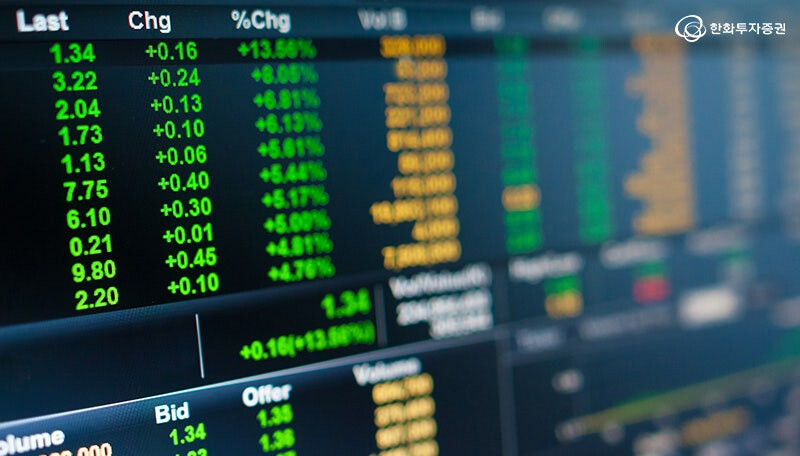
SEOUL – South Korean investors are increasingly turning their attention to overseas stock markets, particularly in the United States, while shunning the domestic market, data showed.
According to data submitted by the Financial Supervisory Service and nine securities firms to Rep. Kim Hyun-jung of the Democratic Party of Korea, domestic stock trading by individual investors at these firms totaled 635.25 billion shares last year, down about 13% from the previous year.
Compared to 2021, when a stock investment boom swept the country, domestic stock trading has decreased by a whopping 48.3%.
Meanwhile, overseas stock trading is on the rise. Overseas stock trading volume jumped 89.6% from 59.31 billion shares in 2022 to 112.43 billion shares in 2023, and continued to grow last year, reaching 156.41 billion shares, a 39.1% increase.
This comes as the South Korean stock market has underperformed compared to other major countries, despite the government's efforts to boost the market through its "value-up" policy.
Concerns over corporate governance issues, such as the Doosan Group's restructuring and Korea Zinc's surprise rights issue, which are seen as damaging to minority shareholders' interests, are also driving investors away from the domestic market.
Last year, the benchmark Korea Composite Stock Price Index (KOSPI) fell 9.43%, and the tech-heavy KOSDAQ index dropped 23.15%. In contrast, the US's S&P 500 index rose 26.58%, and the Nasdaq index surged 33.37%.
Other markets, such as Japan's Nikkei 225 and China's Shanghai Composite Index, also saw gains.
The shift towards overseas investment has also affected the revenue structure of securities firms.
The nine securities firms' foreign exchange commission revenue soared to 269.65 billion won last year, nearly double the previous year's figure.
Overseas stock custody fees have also increased. Overseas stock custody fee revenue for the first three quarters of last year reached 810.9 billion won, a 33.8% increase compared to the entire previous year.
In contrast, domestic stock custody fee revenue for the same period was 1.81 trillion won, only 76.2% of the entire previous year's revenue.
Rep. Kim Hyun-jung said, "The government's value-up policy has failed to gain investors' trust, leading to an exodus of capital to overseas markets."
She added, "It's time for a fundamental overhaul of the capital market, including improving corporate governance and strengthening investor protection, rather than simply trying to boost stock prices."
[Copyright (c) Global Economic Times. All Rights Reserved.]






























